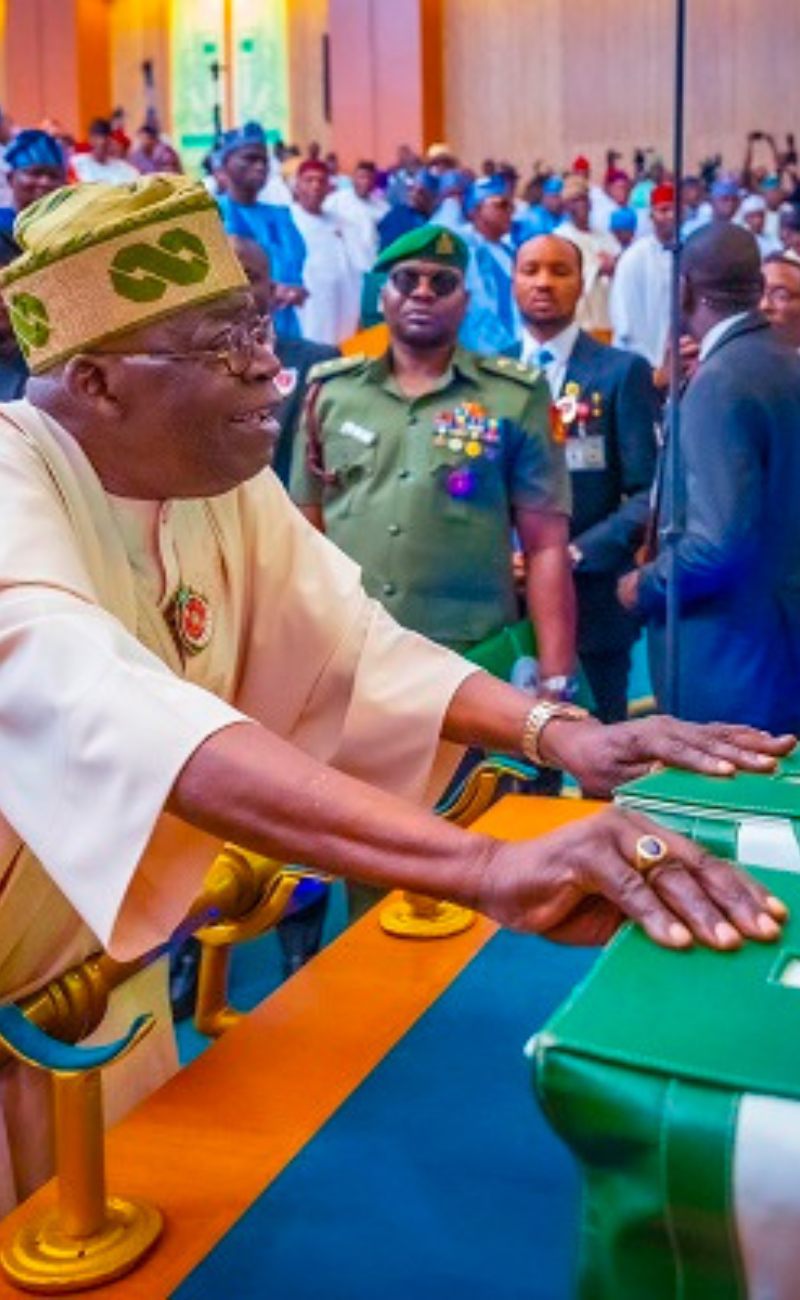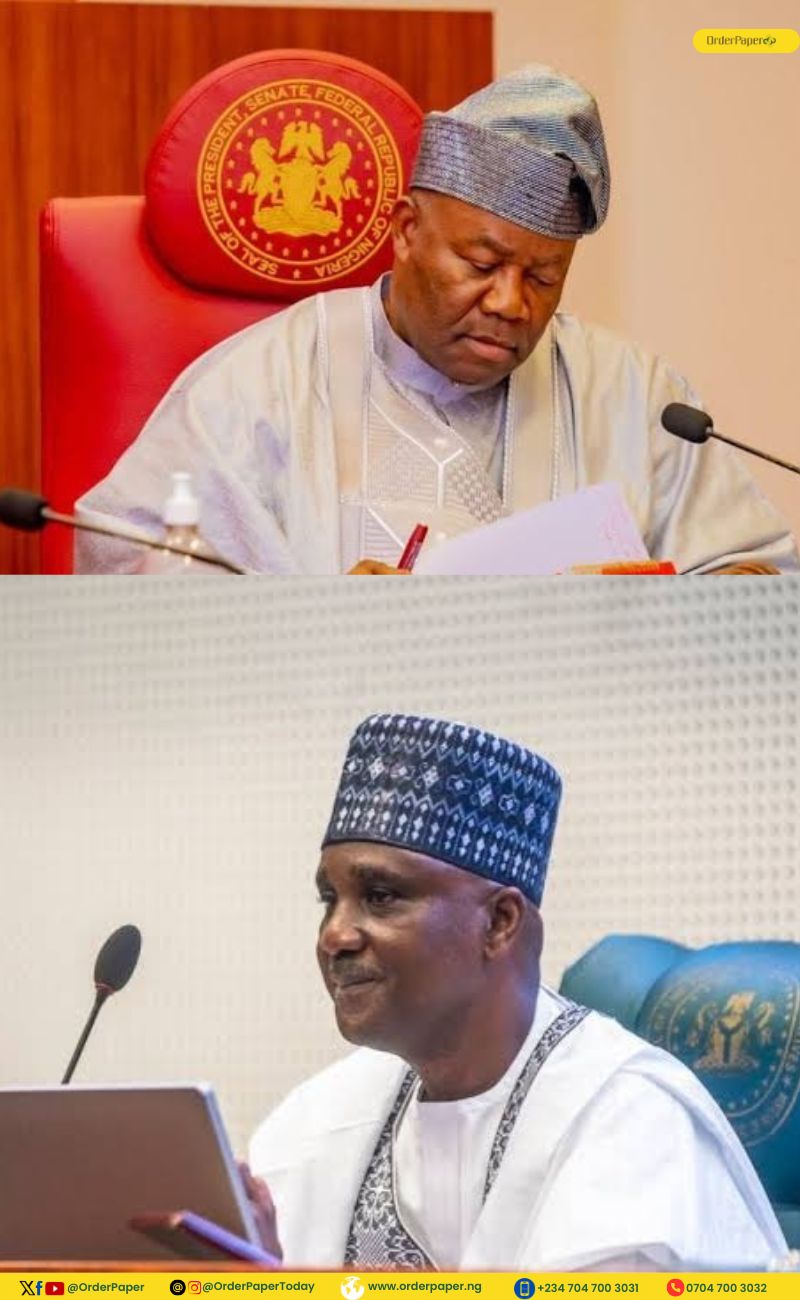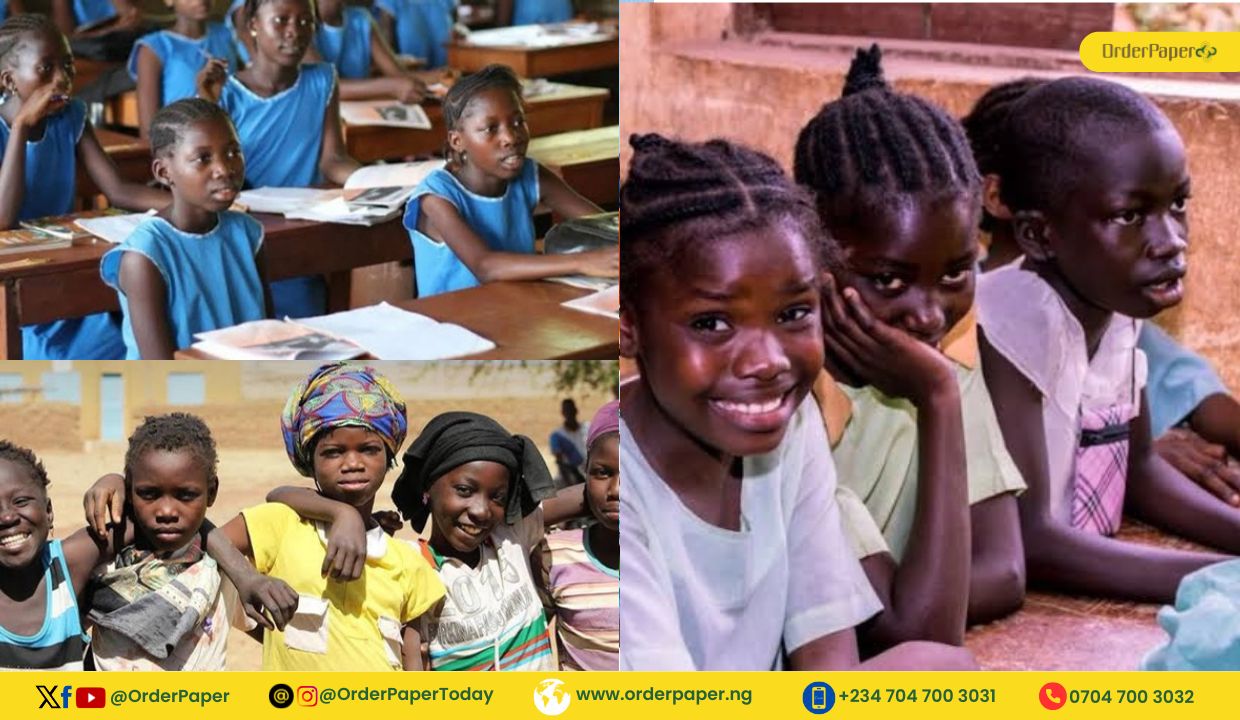
This week’s Gender and Social Inclusion (GESI) tracker highlights key issues such as resettlement of displaced Abuja residents, accessibility for persons with disabilities, and protection of the girl-child.
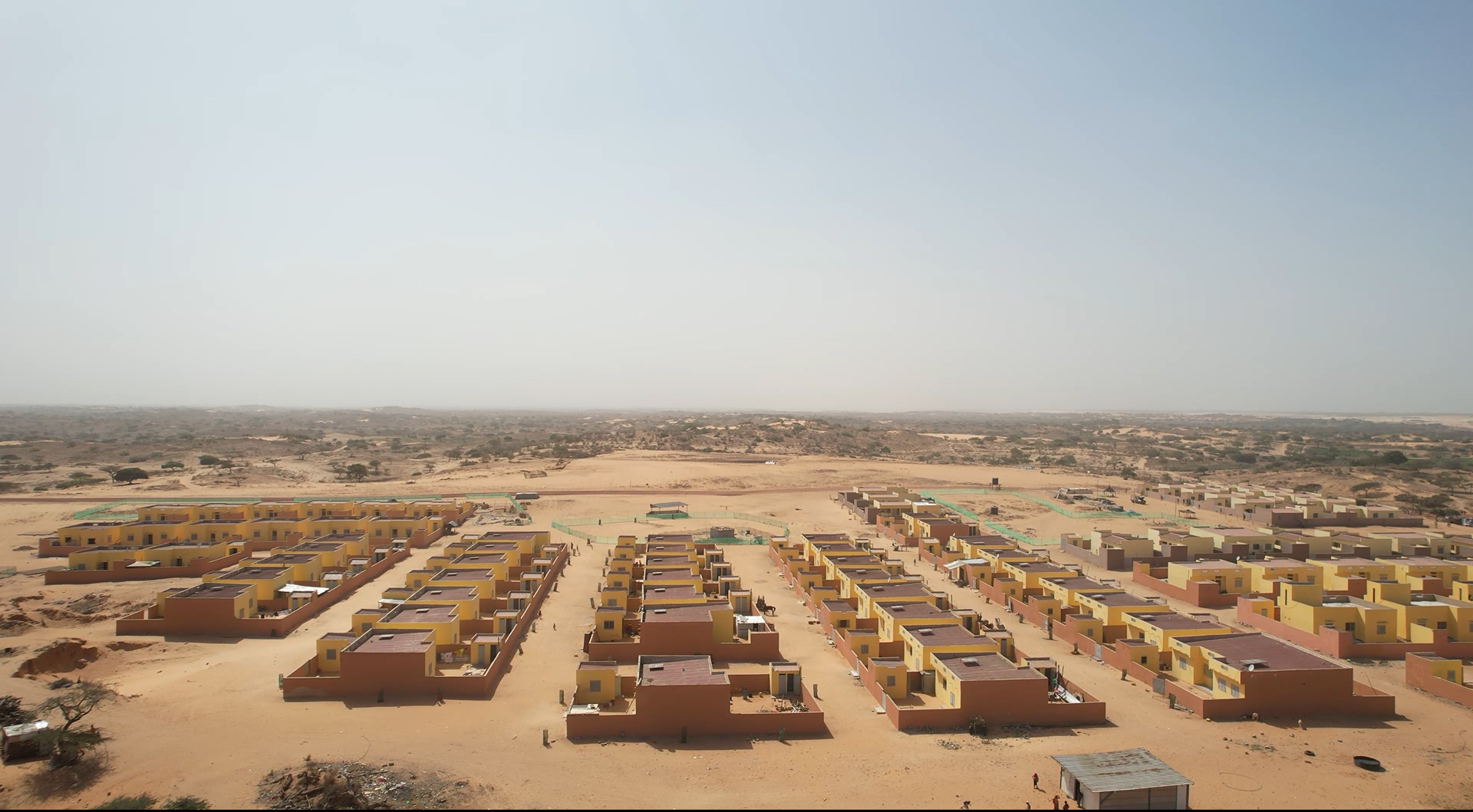
Resettlement and integration of displaced Abuja inhabitants
In the House of Representatives, Rep. Ishaya David Lalu (APC, Plateau) introduced a bill concerning the resettlement and integration of displaced original inhabitants of Abuja, the Federal Capital Territory (FCT). This bill is on needs and rights of these marginalized communities, promoting social justice and equity. Employing a GESI approach on this ensures the recognition and support of vulnerable populations, granting them access to essential resources and opportunities within society. Many original inhabitants have faced historical marginalization and displacement, lacking critical services and opportunities. This bill will help rectify these injustices by providing a legal framework for compensation, housing, and community reintegration, thereby restoring dignity and promoting sustainability for displaced individuals. The bill has passed the first reading.
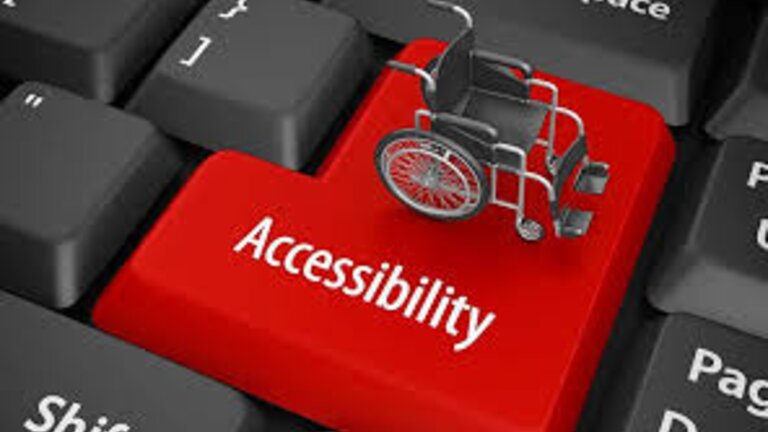
Enhancing accessibility for persons with disabilities
Rep. Bashiru Dawodu (APC, Lagos) raised a motion emphasizing the urgent need to investigate the accessibility of public buildings for persons with disabilities. This motion aligns with the growing movement advocating for the rights of individuals with disabilities and the necessity of equitable access to public spaces. An incident involving Sen. Gbenga Daniel’s son, Adebola, who was denied access to a KFC outlet in Lagos due to wheelchair restrictions, sparked public outcry and renewed calls for improved accessibility. Under the Discrimination Against Persons with Disability (Prohibition) Act of 2018, public buildings should be available for all, yet many PWDs continue to face significant barriers in accessing essential services. The motion urged the committee on disability to scrutinize the approval processes of public building plans, ensuring that these frameworks are effectively implemented. Addressing the structural barriers encountered by persons with disabilities in accessing public facilities is pivotal for fostering an inclusive society, allowing all citizens to participate fully and equally. The house however stepped down the motion.

Urgent action for Nigeria’s girl-child
In the Senate, Sen, Ireti Heebah Kingibe (LP, FCT) raised a motion calling for urgent government intervention to protect the future of girls across Nigeria. This move was strategic as on the 11th of October, 2024 was the International Day of the girl-child. The girl child faces numerous challenges, including early marriage, limited access to education, and gender-based violence, making it imperative for the federal government to take decisive actions to mitigate these issues. Sen. Kingibe‘s motion underscored the vital role of education in empowering girls and promoting gender equality. By investing in educational programs, enacting protective legislation, and launching community awareness initiatives, the government can help dismantle the cycle of disadvantage that affects many girls. Ensuring that every girl has the opportunity to thrive is not merely a social imperative; it is a crucial step toward achieving broader societal progress and economic development in Nigeria.

